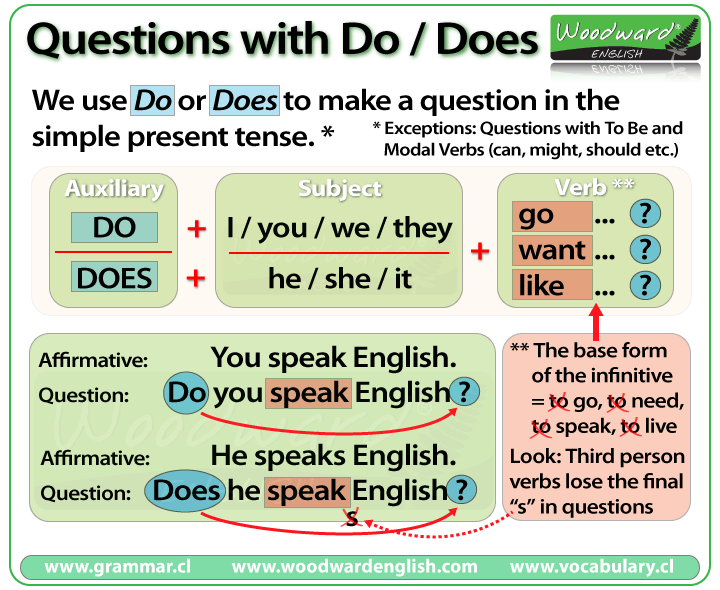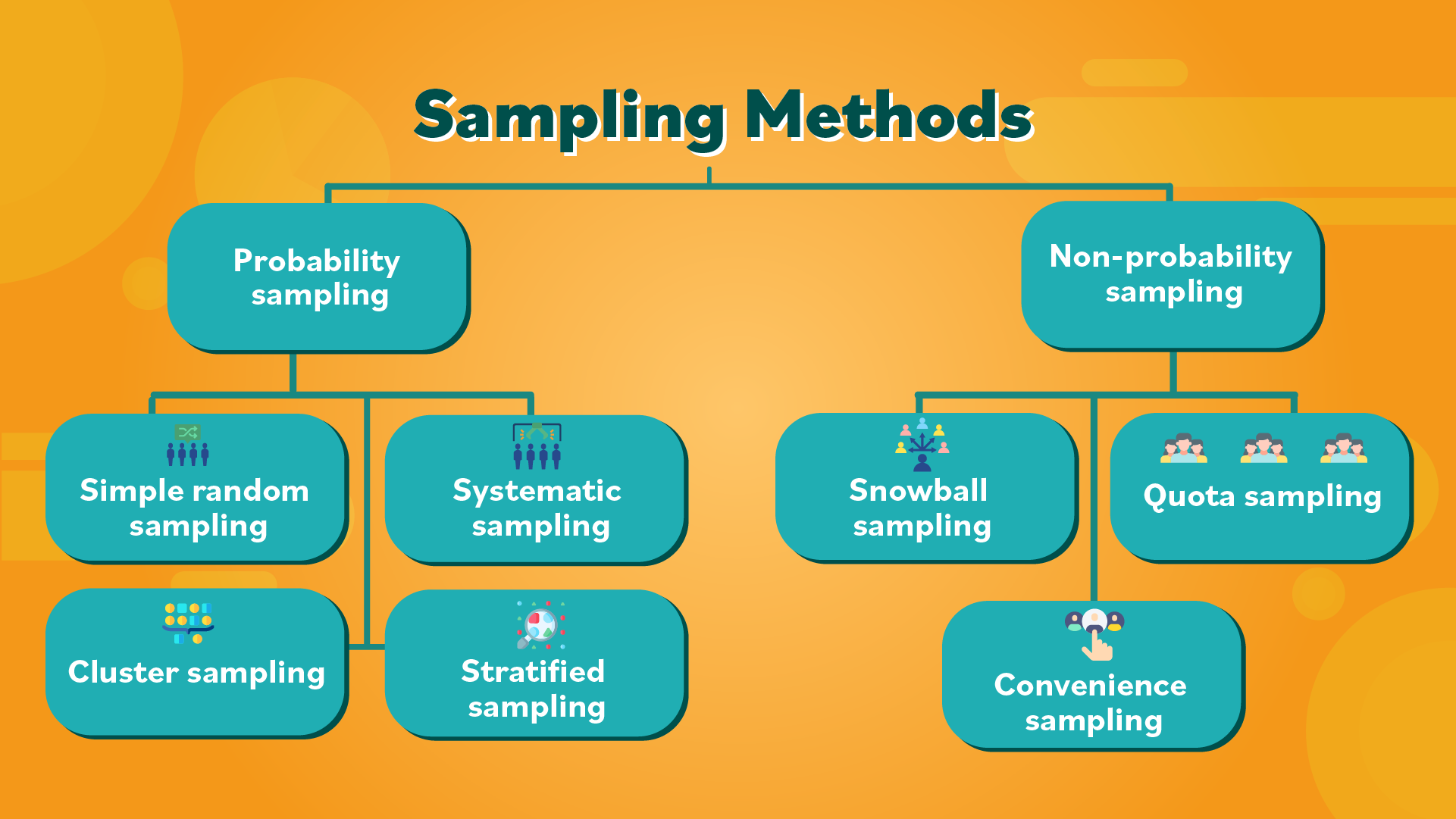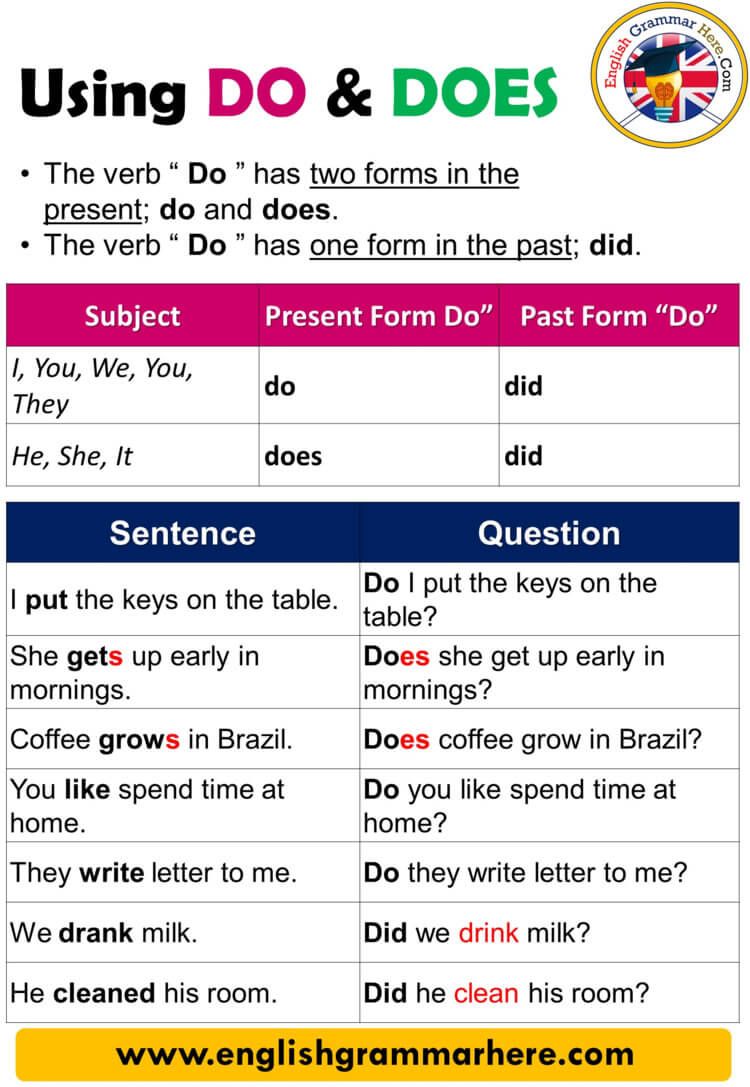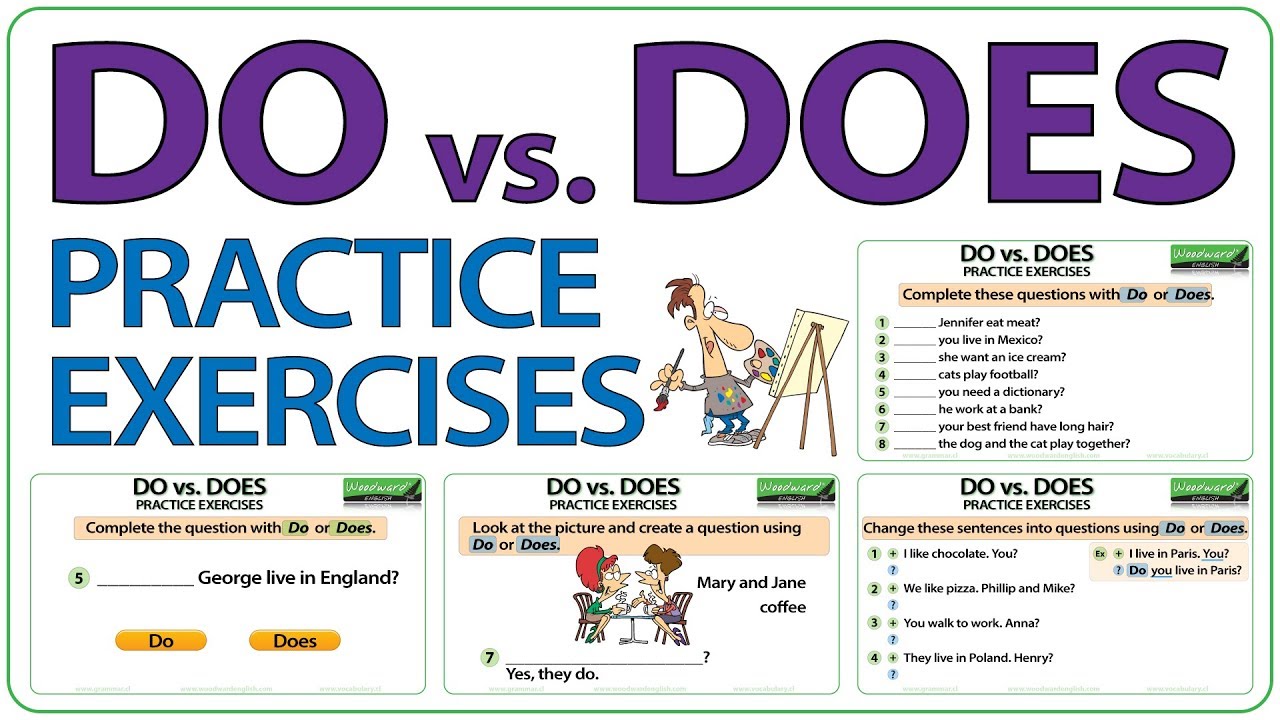Real Estate Agents vs. Insurance Agents: Income, Opportunity, and What Drives High Earnings
Understanding Why Real Estate Agents Can Earn So Much
Real estate agents are commonly known for their potential to earn significant incomes, but the reasons behind these high earnings are often misunderstood. Unlike many professions with fixed salaries, real estate agents typically earn commissions based on the sale price of properties. This means their income is directly tied to the value and volume of the homes they help buy or sell. For example, a standard commission in the United States is around 5-6% of a property’s sale price, which is then usually split between the buyer’s and seller’s agents and their respective brokerages. If an agent facilitates the sale of a $500,000 home, their gross commission before splits might be $12,500 to $15,000, but after splitting with their brokerage and possibly another agent, they may net around $6,000-$7,500 for that transaction [5] .
This commission-based system creates the opportunity for high earnings, especially in markets with expensive homes or high transaction volumes. However, it also means income can be unpredictable and highly variable. According to the U.S. Bureau of Labor Statistics, the median annual wage for real estate sales agents was $56,320 in May 2024 , but top agents-especially those in luxury or high-demand markets-can earn significantly more [4] . Some agents reported annual earnings exceeding $128,000, especially those who close many deals or specialize in high-value properties [1] .
Factors That Drive High Earnings in Real Estate
- Commission Structure: Agents earn a percentage of the sale price, so larger or more frequent sales mean higher income.
- Location: Agents in high-cost-of-living or high-demand areas often see larger commission checks.
- Experience and Reputation: Seasoned agents with strong networks and reputations can attract more clients and handle higher-value transactions.
- Market Conditions: Booming markets or periods of high demand can boost both transaction volume and home prices, increasing potential earnings.
- Specialization: Focusing on luxury, commercial, or niche markets can lead to higher average commissions.
It’s important to note that the real estate profession also involves certain costs, including licensing, marketing, transportation, and brokerage fees. Agents are often self-employed or independent contractors, so they are responsible for their own health insurance, retirement savings, and business expenses [4] .
Comparing Real Estate Agent and Insurance Agent Incomes
Many people wonder, who makes more money: real estate agents or insurance agents? The answer depends on several factors, including location, experience, market conditions, and the agent’s business model. Let’s break down the comparison:
Real Estate Agent Income
According to ZipRecruiter, the average annual pay for real estate agents in the United States as of August 2025 was $85,793 , with a wide range from $28,500 to $149,500. Most real estate agents earn between $60,000 and $100,000 annually, with top performers exceeding $128,000 [1] . Median figures from the Bureau of Labor Statistics place sales agents at $56,320 and brokers at $72,280 [4] . These numbers reflect the potential for high earnings, but also highlight the variability based on geographic region and sales success. Agents in states like California and New York, or those working in luxury markets, tend to earn above the national average.
Insurance Agent Income
Insurance agents generally earn a combination of base salary and commissions. According to the U.S. Bureau of Labor Statistics, the median annual wage for insurance sales agents was $57,860 in May 2023 (latest available data). Top earners in the industry can surpass $125,000, but most fall within the $40,000 to $80,000 range. Unlike real estate, insurance agents may have more predictable income and greater access to benefits like health insurance and retirement plans, especially if they work for a large firm.
Side-by-Side Comparison Table
| Real Estate Agent | Insurance Agent | |
|---|---|---|
| Average Annual Income | $85,793 (2025 avg., wide range) | $57,860 (2023 median) |
| Income Structure | Commission-based (high variability) | Salary + commission (more predictable) |
| Top Earners | $128,500+ possible | $125,000+ possible |
| Benefits | Usually self-employed, must pay own benefits | Often employee benefits provided |
| Costs | Licensing, marketing, brokerage fees | Licensing, sometimes marketing |
| Job Security | Market fluctuations impact earnings | More stable, but depends on sales performance |
In summary, real estate agents on average have a higher income potential , especially those who are highly motivated, experienced, and work in lucrative markets. However, insurance agents may enjoy more stable, predictable earnings and greater access to benefits. The choice between these professions depends on your risk tolerance, desire for entrepreneurial opportunity, and preferred work environment.

Source: learnaboutnature.com
How to Access High-Earning Opportunities in Real Estate and Insurance
Becoming a Real Estate Agent
If you are interested in a real estate career, here are the general steps:
- Research Your State’s Requirements: Each state sets its own licensing rules. To get started, visit your state’s official real estate commission website or search for “[Your State] real estate licensing requirements.”
- Complete Pre-Licensing Education: States require a certain number of classroom hours from approved education providers.
- Pass the State Licensing Exam: The exam covers state and national real estate laws and practices.
- Find a Sponsoring Broker: New agents must work under a licensed broker to legally practice real estate.
- Activate Your License: Submit your application and fees as instructed by your state’s real estate commission.
- Join Professional Organizations: Consider joining the National Association of REALTORS® for networking, resources, and credibility.
For more details, search for your local real estate commission or consult the National Association of REALTORS® website.
Becoming an Insurance Agent
The steps to becoming an insurance agent are similar in some respects:
- Research State Licensing Requirements: Requirements vary by state and insurance line (e.g., life, health, property).
- Complete Pre-Licensing Education: Some states require courses before you can take the licensing exam.
- Pass the State Licensing Exam: You must pass the relevant insurance exam for your specialty.
- Apply for a License: Submit your application and pay applicable fees to the state insurance department.
- Seek Employment or Start Your Own Agency: You may work for an established agency or, with experience, open your own.
To find official requirements, search for your state’s Department of Insurance or “[Your State] insurance licensing.”
Alternative Approaches and Additional Guidance
If you want to maximize your earning potential in either field, consider these strategies:
- Networking: Building a strong network of clients and referrals is crucial for both real estate and insurance agents.
- Specialization: Focusing on high-value markets (luxury homes, commercial real estate, specialized insurance products) can increase your average commission.
- Continuing Education: Stay updated on market trends, marketing techniques, and regulatory changes by pursuing ongoing education and certifications.
- Technology Adoption: Utilize CRM software, digital marketing, and online lead generation tools to expand your reach and efficiency.
- Mentorship: Seek guidance from experienced professionals in your chosen field to accelerate your growth and avoid common pitfalls.
Potential Challenges and Solutions
Both careers come with unique challenges. Real estate agents face market volatility, income unpredictability, and intense competition. Insurance agents may struggle with client acquisition and maintaining sales quotas. To overcome these, focus on building a resilient business model, diversifying your service offerings, and investing in your professional development. If you encounter licensing or regulatory hurdles, consult your state’s official commission or department for guidance.

Source: emergingrnleader.com
Key Takeaways
- Real estate agents have a higher average earning potential, but income is highly variable and depends on sales success and market conditions.
- Insurance agents may enjoy more stable, predictable income with access to employee benefits, especially when working for established firms.
- Both careers require state licensing, commitment to ongoing education, and strong client relationship skills.
- To access these opportunities, research your state’s official regulatory websites and consider joining industry associations for resources and support.
References
MORE FROM couponito.com













